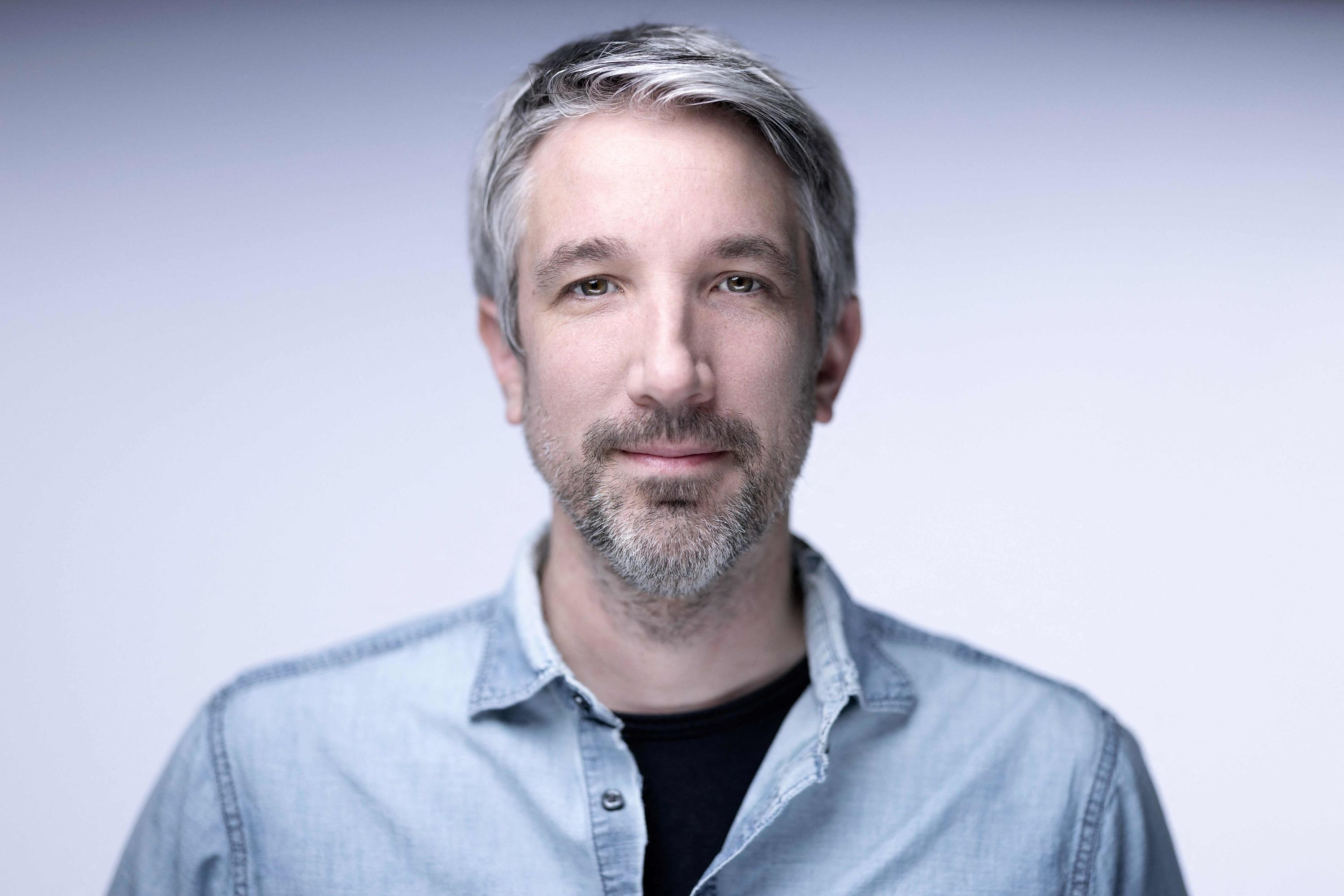Geographer Sylvie Brunel has been a professor of geography at the University of Paris-Sorbonne since 2007. A specialist in Africa and issues of development and famine, she directed the humanitarian association Action Against Hunger.
LE FIGARO. - Since the earthquake on Friday evening, many countries have reached out to offer aid to Morocco. After a long silence, the kingdom only accepted Spanish and Qatari aid. Why this reservation?
SYLVIE BRUNEL. - When a state suffers a disaster, it is up to it to ask for help. It is a question of sovereignty. There is no question of international relief rushing to a country, unless it has failed, as in Haiti in 2010. After the earthquake, there was a humanitarian rush (a rush, editor's note). because the State was absolutely no longer in a position to cope with it. The presidential building itself had collapsed! But there was subsequently controversy over the fact that Haiti was stripped of its sovereignty. The Interim Commission for the Reconstruction of Haiti (IHRC) was directly led by Bush then by Clinton...
King Mohamed VI therefore wants to keep control of his country. It is also a form of national pride. Put yourself in Morocco’s place. In the event of a natural disaster in France, like in La Faute-sur-Mer (victim of the Xynthia storm in 2010, editor's note), do you imagine Moroccan or American NGOs coming in? International humanitarian aid always flows from developed to undeveloped countries. As an emerging country, which wants to be an interlocutor of Europe and which aspires to a status of regional power in Africa, Rabat wants to show that it is sovereign, capable of piloting relief, and not to behave like a poor country. bruised that everyone comes charitably to help...
If it is out of pride that Morocco refuses, is it not criminal towards the potential victims still under the rubble?
You touch on a key point: the effectiveness and speed of local relief in an earthquake situation. There is such a pile of debris that everything happens in the first 24 or 48 hours. The essential actions are those of proximity. Thereafter, except in exceptional cases of people stuck in air holes or cavities, the chances of finding survivors are greatly reduced. By the time international help arrives, it is unfortunately already too late. In the name of this slim chance of saving survivors, the risk for Morocco is to lose its sovereignty.
And then, rushing relief during humanitarian tragedies is the source of many problems: congestion, poor coordination, saturated roads, or the installation of structures that Moroccans do not necessarily want (Islamist or religious for example). ). People are driven by generosity, but also naivety. Any humanitarian operation is first and foremost geopolitical. Humanitarian structures are a Trojan horse for setting up, making contacts, showing who the benefactors are. Rabat refuses to be a vast field of humanitarian operations over which it will no longer have control.
So the help offered by states is only a matter of interests?
An anecdote: during the tsunami of December 26, 2004 in Southeast Asia, the Americans immediately positioned themselves to help Indonesia. It was the perfect way to regain a foothold in an area of the world where they were then very poorly perceived. After Iraq, Afghanistan in 2001, there was the idea that the United States had a score to settle with Muslims. However, Indonesia is home to the largest Muslim population in the world. Do you know what phrase US Secretary of State Condoleezza Rice used then? “A wonderful opportunity”…
Only Qatar and Spain received a call from Rabat. For what ?
Because King Mohammed VI and the Qatari Emir al-Thani are very close. The two states have excellent relations and consider each other as equals. It's a geopolitical calculation: Morocco will carefully choose its partners to let in only very competent structures, with particular know-how, such as sniffer dogs, which will make it possible to locate the last people stranded.
Few information and images filter on the relief operations. Does Morocco have the necessary resources?
Moroccan civilian forces and royal forces were quickly deployed. But they will be totally overwhelmed. The earthquake hit hard-to-reach mountainous areas. The problem of underdevelopment is enormous in Morocco, a country disarticulated between areas resembling large European cities, and villages in the mountains with non-functioning schools, the absence of public services, etc. Moroccan forces will not necessarily have the ability to save lives or rebuild afterwards. Afterwards, it means organizing shelters, reinstalling telecommunications, access to drinking water, coping with the cold… It will take colossal means.

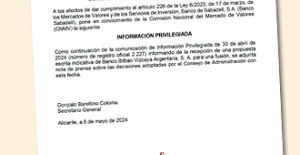 Sabadell rejects the merger with BBVA and will fight to remain alone
Sabadell rejects the merger with BBVA and will fight to remain alone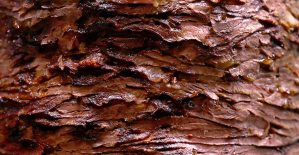 In Germany, the far left wants to cap the price of “doner kebabs”
In Germany, the far left wants to cap the price of “doner kebabs” Israel-Hamas war: Gaza between hope of truce and fear of Israeli offensive in the South
Israel-Hamas war: Gaza between hope of truce and fear of Israeli offensive in the South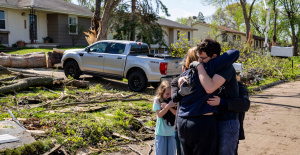 “Mom, Dad, please don’t die”: in the United States, a nine-year-old child saves the lives of his parents injured in a tornado
“Mom, Dad, please don’t die”: in the United States, a nine-year-old child saves the lives of his parents injured in a tornado A baby whose mother smoked during pregnancy will age more quickly
A baby whose mother smoked during pregnancy will age more quickly The euro zone economy grows in April at its best pace in almost a year but inflationary pressure increases
The euro zone economy grows in April at its best pace in almost a year but inflationary pressure increases Children born thanks to PMA do not have more cancers than others
Children born thanks to PMA do not have more cancers than others Breast cancer: less than one in two French women follow screening recommendations
Breast cancer: less than one in two French women follow screening recommendations “House of the Dragon”, “Succession”… Max, the new streaming platform from HBO and Discovery, launched in France on June 11
“House of the Dragon”, “Succession”… Max, the new streaming platform from HBO and Discovery, launched in France on June 11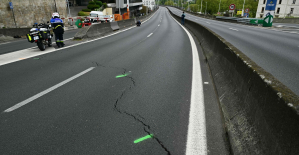 The A13 motorway will finally reopen this Friday, in one direction only
The A13 motorway will finally reopen this Friday, in one direction only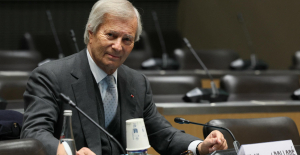 TNT commission of inquiry: tensions between LFI deputies and Macronists before the vote on the report
TNT commission of inquiry: tensions between LFI deputies and Macronists before the vote on the report Apple unveils a new, more efficient iPad range
Apple unveils a new, more efficient iPad range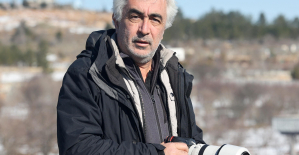 The Gaza War invites itself to the 2024 Pulitzer Prizes
The Gaza War invites itself to the 2024 Pulitzer Prizes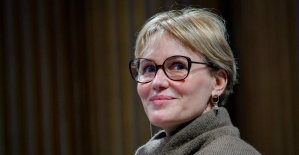 Judith Godrèche presents a short film on sexual violence in Cannes
Judith Godrèche presents a short film on sexual violence in Cannes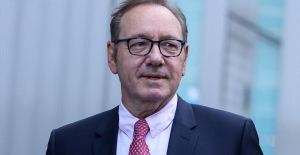 Kevin Spacey: new trial in sight in London for the American actor, for sexual assault
Kevin Spacey: new trial in sight in London for the American actor, for sexual assault Taylor Swift fans make London pub Black Dog their new place of pilgrimage
Taylor Swift fans make London pub Black Dog their new place of pilgrimage Omoda 7, another Chinese car that could be manufactured in Spain
Omoda 7, another Chinese car that could be manufactured in Spain BYD chooses CA Auto Bank as financial partner in Spain
BYD chooses CA Auto Bank as financial partner in Spain Tesla and Baidu sign key agreement to boost development of autonomous driving
Tesla and Baidu sign key agreement to boost development of autonomous driving Skoda Kodiaq 2024: a 'beast' plug-in hybrid SUV
Skoda Kodiaq 2024: a 'beast' plug-in hybrid SUV The home mortgage firm rises 3.8% in February and the average interest moderates to 3.33%
The home mortgage firm rises 3.8% in February and the average interest moderates to 3.33% This is how housing prices have changed in Spain in the last decade
This is how housing prices have changed in Spain in the last decade The home mortgage firm drops 10% in January and interest soars to 3.46%
The home mortgage firm drops 10% in January and interest soars to 3.46% The jewel of the Rocío de Nagüeles urbanization: a dream villa in Marbella
The jewel of the Rocío de Nagüeles urbanization: a dream villa in Marbella Institutions: senators want to restore the accumulation of mandates and put an end to the automatic presence of ex-presidents on the Constitutional Council
Institutions: senators want to restore the accumulation of mandates and put an end to the automatic presence of ex-presidents on the Constitutional Council Europeans: David Lisnard expresses his “essential and vital” support for François-Xavier Bellamy
Europeans: David Lisnard expresses his “essential and vital” support for François-Xavier Bellamy Facing Jordan Bardella, the popularity match turns to Gabriel Attal’s advantage
Facing Jordan Bardella, the popularity match turns to Gabriel Attal’s advantage Europeans: a senior official on the National Rally list
Europeans: a senior official on the National Rally list These French cities that will boycott the World Cup in Qatar
These French cities that will boycott the World Cup in Qatar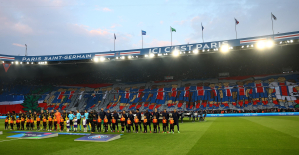 PSG-Dortmund: a gigantic tifo on three stands to welcome the players
PSG-Dortmund: a gigantic tifo on three stands to welcome the players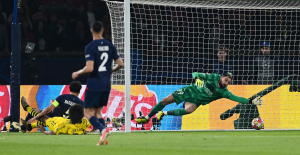 PSG-Dortmund: in video, Donnarumma’s decisive save which saves the Parisians
PSG-Dortmund: in video, Donnarumma’s decisive save which saves the Parisians Pro D2: Biarritz goes before the regulatory authority and reveals partners
Pro D2: Biarritz goes before the regulatory authority and reveals partners Champions League: without madness then cursed, PSG lets its dreams of the final fly away
Champions League: without madness then cursed, PSG lets its dreams of the final fly away






